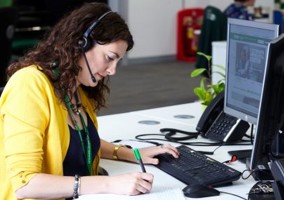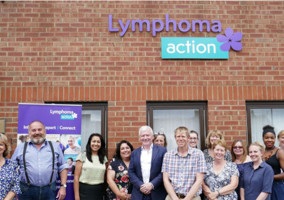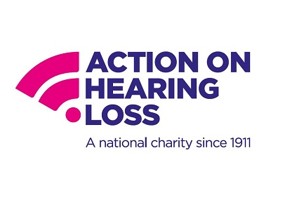RNID will permanently close its offices and move all staff to remote working from 1 September, the charity has said.
Harriet Oppenheimer, the charity’s deputy chief executive, argued that the decision was the best way to ensure that employees are “connected and work productively”.
She announced the change last week during an online debate organised by the Altum Group, which looked at how charities will adapt to work after the pandemic. RNID confirmed the decision yesterday.
The charity stressed that alternative arrangements will be made on behalf of staff for whom working from home is not possible.
The announcement comes at the conclusion of a consultation with staff on flexible working, which began last year.
‘Integrated’
Oppenheimer told the event that the shift to remote working since the first national lockdown in March 2020 “has created difficulties with work-life boundaries and some isolation.
But she said that “overwhelmingly I have heard people talk about feeling much more integrated”, adding: “We have actually made a decision to stick with remote working, and over time we will be closing our offices.
“We are not going to move away from face-to-face interactions with people, but we will have much more targeted, periodic, high-quality face-to-face interactions, because we have decided that working like this is a far better way to enable people within the charity to be connected and work productively.”
She also said that being fully remote is preferable to a half-and-half situation when it comes to the quality of meetings. “As we have been opening up again, we have had a few hybrid meetings. They aren’t nearly as good quality as this because somebody always gets left out.”
Review last year
RNID announced a year ago that it was leaving its London headquarters and reviewing its plans for office use. Its offices in Peterborough became its main headquarters.
In a statement at the time, Mark Atkinson, the charity’s chief executive, said: “We have decided that now is not the right time to commit to a new London workspace.
“The past few months have proven we can make it work. We don’t see the point of rushing a decision when the world is changing around us.
“Offices might be very different after the coronavirus crisis, and ways of working as we know them may be different.”
RNID had an income of nearly £43m last year, and employs 970 staff, according to the latest filings with the Charity Commission.
Flexible
An RNID spokesperson told Civil Society News: “We have learned a lot about remote working over the last 12 months, as it has shown us what is possible, that most work can be done effectively and safely from home, that people are more productive, and ultimately have a better work-life balance.
“Remote working also brings huge benefits as it allows for us to recruit from across the UK for roles, work together in integrated teams irrespective of where people live, and the money usually spent on property can now be invested in our people and delivering our purpose.
“Here at RNID, we want to be one of the best charities to work for.
“We consulted our staff and the majority of them told us they wanted us to have a flexible working environment.
“We know remote working is not appropriate for everything and that face-to-face interaction is still important so we are thinking about how we can support collaboration, creativity, shared learning and relationship building with away days, and flexible collaboration space.
“This has helped us with our planning for a digital future and we are not looking back to pre-Covid times but rather adapting and changing for this new world in the best possible way.
“We are also committed to providing appropriate arrangements for those staff for whom working from home is not possible.
“It is an exciting time for RNID as we are now proposing that remote working is the same for the rest of the organisation across the UK which will mean the charity will be fully remote working from 1 September.”
Inequalities
Speaking at the event on Friday, Caron Bradshaw, the chief executive of the Charity Finance Group, argued that all organisations thinking about office space must be aware of the dangers of “inequality being exacerbated”.
She said: “I am sat in a very comfortable house with an office space, but for some people the office, the workplace, is their safe place.
“I think we have got to not just think about digital exclusion but think about the working lives of the people we interact with, so that we don’t end up exacerbating some of the dangers in their lives by removing that safe place to work of the office environment.”
Related news











